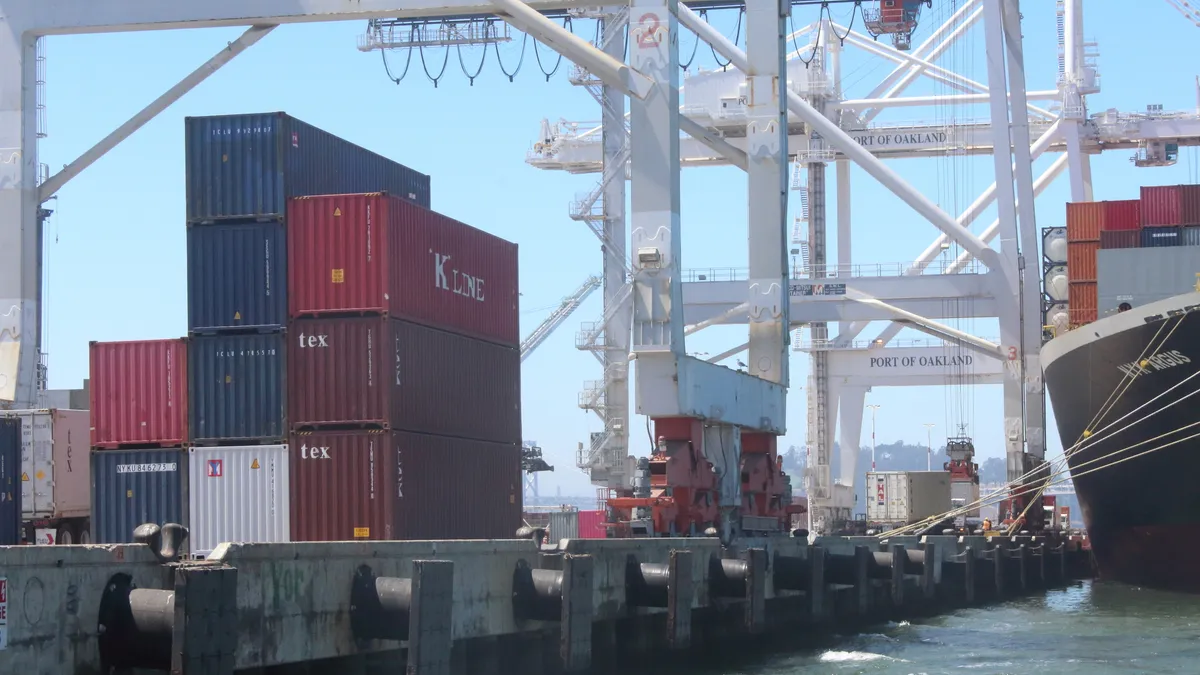The following is a contributed article from Barry Freeman, principal, and Selena Schneider, managing director, at public accounting and advisory firm Crowe LLP. Opinions expressed are authors' own.
The COVID-19 pandemic has disrupted supply chains, created production issues, and decreased global demand, leading to operating losses throughout the value chain of some multinational companies. As a result, many executives are feeling pressure to make changes to their supply chains to protect future sustainability.
Tax departments feel double the pressure to address the challenges presented by intercompany pricing policies assuming normally functioning markets. If supply is constrained or demand is interrupted — even temporarily — companies might be unable to perform their functions. This performance gap could lead to significant tax inefficiencies and distort the allocation of profit or the sharing of losses within the group.
Taking action
With stakes so high, executives should consider taking the following transfer pricing actions when responding to economic disruption and mitigating vulnerabilities for the company’s intercompany transactions.
1. Review your existing transfer pricing policy
Evaluate whether adjustments can or should be made to realign the level of target profit for limited-risk distributors, contract manufacturers and sales agents. Observe market transactions within your company and make appropriate adjustments to related-party transactions. Returns must ultimately be tied to how unrelated parties would act under similar circumstances.
Your company can target an immediate adjustment to its intercompany transactions based on an existing set of comparables by targeting a profitability level within the existing range. The Organization for Economic Co-operation and Development (OECD) transfer pricing guidelines state that any point in the interquartile range satisfies the arm’s-length principle. But comparable data might not fully capture the effects of a recession. Furthermore, looking at three years of data will not capture the downward impact on sales and profitability on comparable companies. As a result, more adjustments might be required.
2. Review your intercompany agreements
Determine if any action must be taken based on existing clauses. Many intercompany agreements contain force majeure clauses to account for economic disruptions. Legal counsel should evaluate if these clauses allow your company to relieve offshore parties from compensating limited-risk contract manufacturers or distributors. Other agreements might need to be amended, or terminated, to allow for a change in terms of intercompany transactions.
3. Consider the overall debt position of your company
Evaluate whether renegotiating existing loans is possible. If the terms are changed successfully, your company also might benefit from revisiting its intercompany financing arrangements.
Under the new Transfer Pricing Guidance on Financial Transactions issued by the OECD in February 2020, it might be reasonable to renegotiate more favorable intercompany loans terms, postpone payments, and recharacterize some existing loans to support the cash flow of affiliates severely affected by the pandemic.
4. Tax authority audits
Initiate discussions with auditors about present economic conditions and, if possible, seek an agreement on COVID-19's impact on the company, and how to mitigate existing circumstances. If your company is faced with audit issues and potential adjustments, consider initiating an advance pricing agreement to begin discussions with tax authorities. You can reduce audit risk by engaging in proactive pricing negotiations with tax authorities from key jurisdictions, especially in this uncertain period.
5. Consider the tax and transfer pricing implications
The implications impact reconfiguration of supply chains and realignment of functions and risks based on current and future conditions. Document decisions to exit a market because of COVID-19, including the terms of the termination and payments made in connection with the exit showing that no compensable value (such as intangibles) is being transferred. Develop a well-documented economic analysis to prove losses are related to the extraordinary pandemic circumstances, and that restructuring is imperative for business continuation.
Looking ahead
Given the rapid changes currently taking place, tax departments must remain focused, and implement changes to their company’s intercompany structure to ensure any compliance and risk matters are addressed.
Tax authorities will encounter a variety of issues when auditing pandemic-impacted companies. Tax departments must continue stressing the importance of memorializing their intercompany transactions and ensuring their transfer pricing positions are well-documented.




















